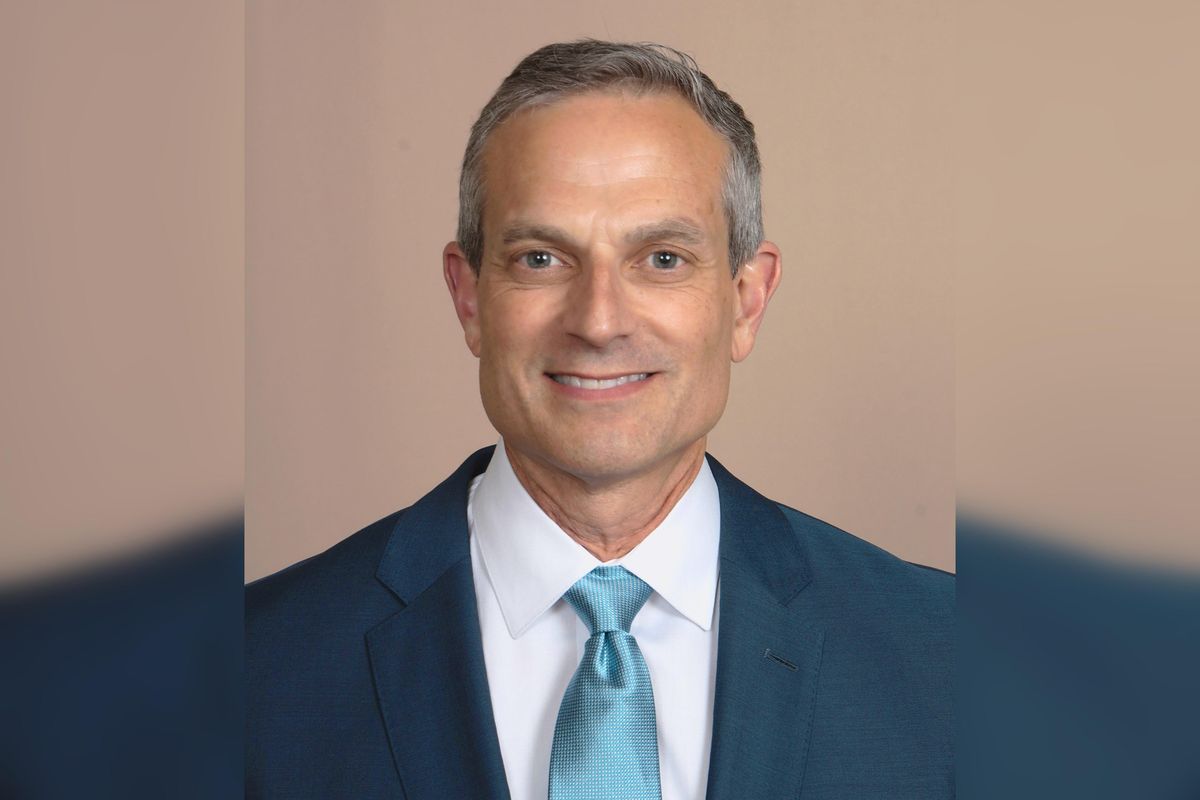Editor's note: In this week's roundup of Houston innovators to know, I'm introducing you to three local innovators across industries recently making headlines in Houston across biotech and medical device.
Moji Karimi, co-founder and CEO of Cemvita

Moji Karimi joins the Houston Innovators Podcast to share how Cemvita has evolved with three distinct lines of energy transition businesses. Photo courtesy of Digital Wildcatters
A lot has changed since Moji Karimi co-founded his biotech company Cemvita with his sister Tara in 2017. In fact, a lot has changed just in 2023 — for Cemvita, for the energy transition, and for world as a whole.
In the past year, Cemvita has evolved its business to target three verticals, all within the company's mission of using synthetic biology to create solutions for the energy transition. Now, as Karimi explains on the Houston Innovators Podcast, Cemvita is a startup of startups.
While tackling the various verticals might seem ambitious, Karimi explains that they are all aligned with Cemvita's core mission and technology.
"If you think about it, everything we're doing has something to do with nature," he says on the show. "Environmental microbiology, biotech, and synthetic biology — it's now available, and we have the tools to do it. We want to be the company that goes and finds those applications and translates it from the idea and the science to the technology, and then scale it up into the engineer solution." Continue reading.
Thomas Vassiliades, CEO of BiVACOR

Led by CEO Thomas Vassiliades, a former heart surgeon, BiVACOR is based on a system of magnetic levitation. Photo courtesy
A Houston company with a breakthrough heart health tech has received a green light from the FDA.
BiVACOR, a Houston-headquartered medical device company, has received FDA approval for its Total Artificial Heart (BTAH) IDE first-in-human early feasibility study (EFS). The BTAH device itself is designed to take over all function for patients with heart failure. The BTAH is roughly the size of a human fist, which means that, while it could support an active adult male, it may also fit many women and children.
Led by CEO Thomas Vassiliades, a former heart surgeon, BiVACOR is based on a system of magnetic levitation.
“Our pump is just one moving impeller that sits in the middle of the housing where the blood is. Imagine an artificial heart — the container that has your blood — and the device spinning in the inside — basically a wheel spinning your blood to the rest of your body. The device is suspended by magnets — it's not touching anything,” Vassiliades told InnovationMap in a podcast earlier this year. Continue reading.
Veronica Wu, founder of First Bight Ventures

First Bight Venture's BioWell has received a $741,925 grant to continue supporting bioindustrial startups. Photo courtesy
A Houston-based nonprofit accelerator that works with early-stage synthetic biology startups has secured nearly $750,000 to support its mission.
First Bight Ventures' accelerator, BioWell, secured $741,925 of the $53 million doled out as a part of the "Build to Scale" Grant program that the U.S. Economic Development Administration, a division of the U.S. Department of Commerce, has established. First Bight was one of 60 organizations to receive funding.
The funding will support the BioWell's mission to establish a "vibrant bioeconomy" by helping startups scale and commercialize "through access to a unique combination of pilot bioproduction infrastructure," according to a news release from First Bight.on.
"Often times, early-stage startups gain momentum and hit important milestones, but ultimately find themselves heading toward the 'Valley of Death,' where progress is made on their enterprise, but no sufficient revenue is generated for the company's stability and longevity," Wu says in the release. "This 'Build to Scale' program's support will help offset these inevitable challenges in our bio-industrial space." Continue reading.
- Houston cleantech company sees shining success with gold hydrogen ›
- Fast-growing startup with carbon-free solution sets up pilot plant in Houston ›
- Houston startup with sustainable biotech solutions lands new customer in United Airlines ›
- Former Apple exec starts Houston-based VC firm focused on synthetic biology ›
- Houston synthetic biology VC grows team ahead of foundry launch ›
- Former Medtronic exec takes the helm of Houston med device startup ›
- How this Houston-headquartered company is innovating the future of heart replacement ›






